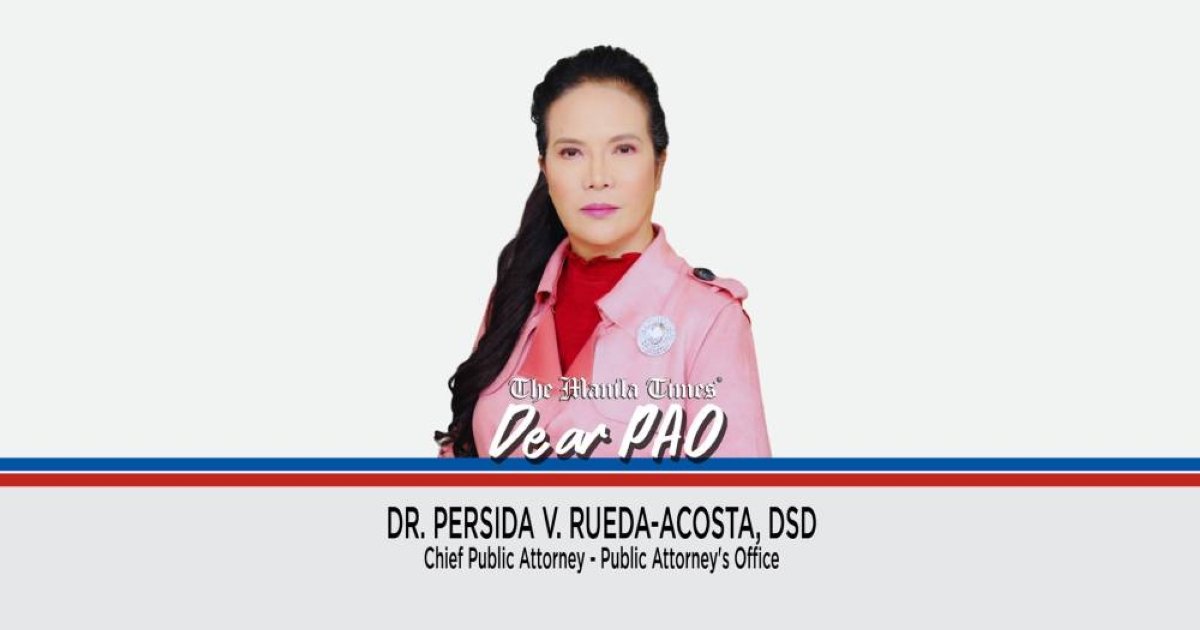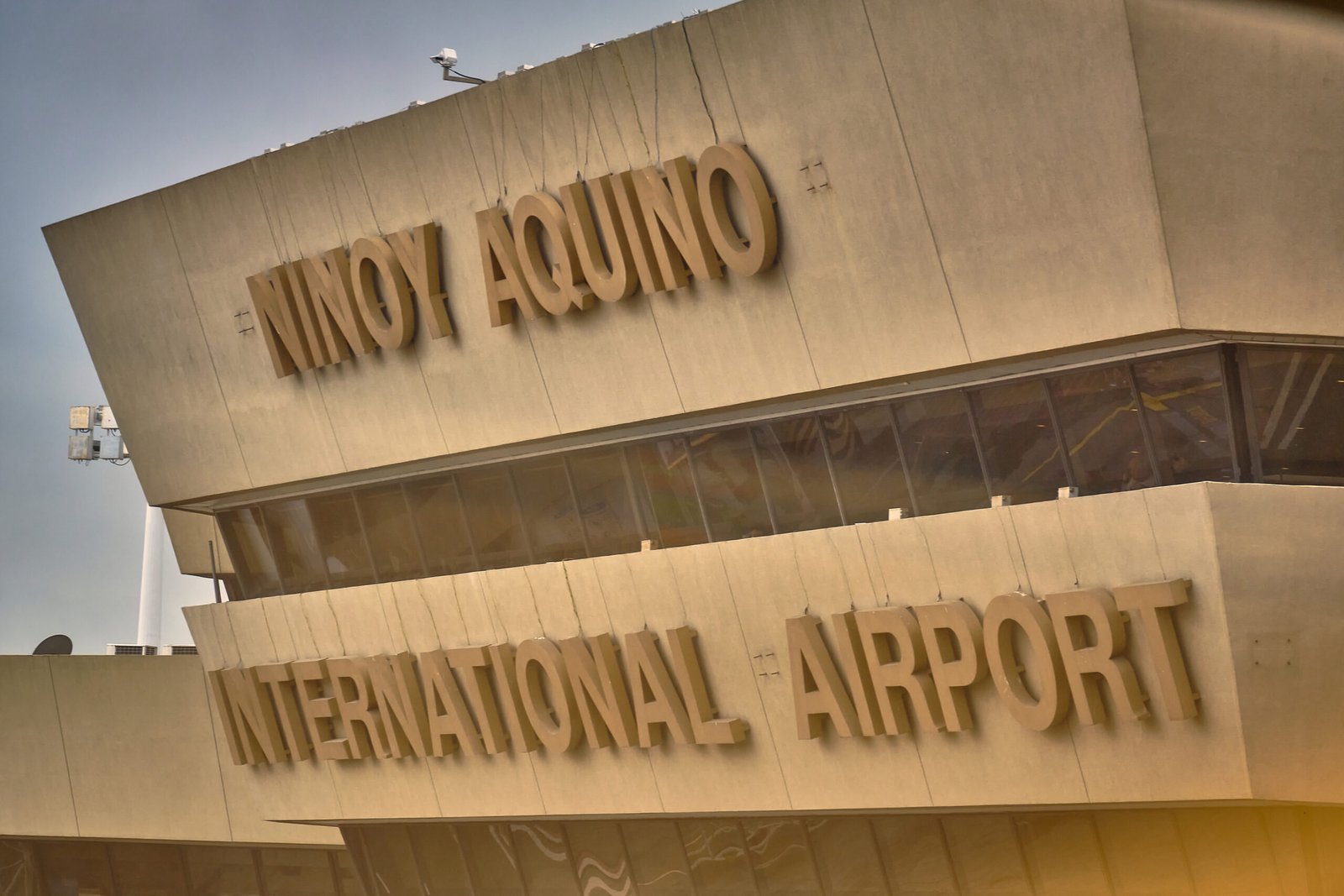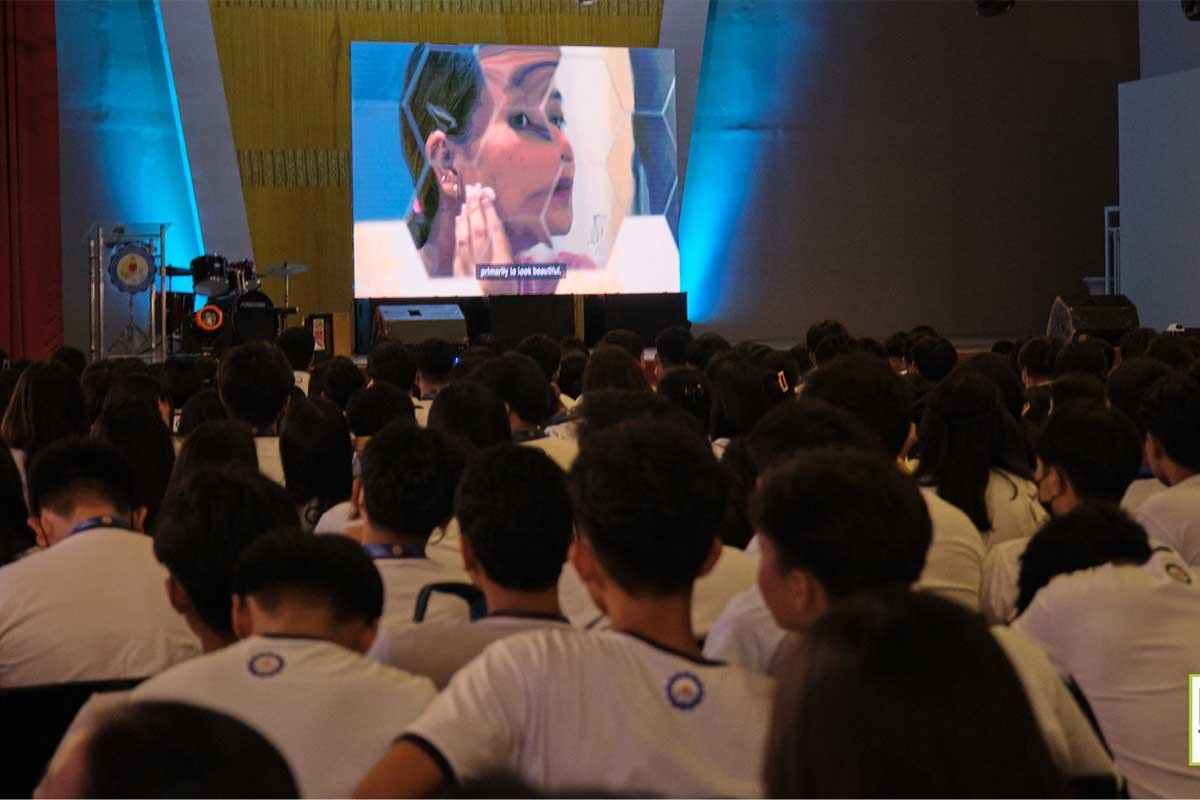Dear PAO,
X is being charged with the crime of Theft. According to X’s live-in partner, X informed the arresting officers that he has a lawyer of his choice, the one that was provided by his employer, because the latter also wants to protect the rights of X as she believes that X did not commit the crime. But it turned out that during the investigation, X was not assisted by his preferred counsel but by the lawyer that was assigned to him by the arresting officers, who allegedly forced him to sign a confession. Is that confession valid and binding?
Blaze
Dear Blaze,
No less than the 1987 Philippine Constitution guarantees the protection of the rights of a person who is under investigation. The pertinent provisions under Section 12, Article III of the Philippine Constitution explicitly provide the following:
“Section 12. (1) Any person under investigation for the commission of an offense shall have the right to be informed of his right to remain silent and to have competent and independent counsel preferably of his own choice. If the person cannot afford the services of counsel, he must be provided with one. These rights cannot be waived except in writing and in the presence of counsel.
“(2) No torture, force, violence, threat, intimidation or any other means which vitiate the free will shall be used against him. Secret detention places, solitary, incommunicado or other similar forms of detention are prohibited.
“(3) Any confession or admission obtained in violation of this or section 17 hereof shall be inadmissible in evidence against him.
x x x” (Emphasis supplied)
In the situation of X, there appear to be certain lapses on the part of the arresting officers. Firstly, they apparently disregarded X’s choice of counsel despite having been informed thereof. Instead, they assigned a lawyer for him.
The fact that the arresting officers allegedly assigned a lawyer for him will not suffice to say that his right to counsel was lawfully afforded. As can be gleaned from the aforementioned constitutional provision, the preference of the suspect or accused as to his counsel should be primarily recognized.
Secondly, X was allegedly forced to sign the confession by the very lawyer assigned to him. This raises the question of independence of said lawyer.
As underscored in our Constitution, the assisting counsel, whether the choice of the suspect/accused or one that is provided for him, must be competent and independent. Consequently, X may invoke the inadmissibility of his confession as evidence against him.
The Supreme Court, through Associate Justice Arturo Brion, elucidated in the case of People of the Philippines vs. Jose Armando Cervantes Cachuela and Benjamin Julian Cruz Ibanez (GR 191752, June 10, 2013):
“After a careful examination of the evidence on hand, we hold that Nabilgas’ extrajudicial confession is inadmissible in evidence. The Court has consistently held that an extrajudicial confession, to be admissible, must satisfy the following requirements: “(1) the confession must be voluntary; (2) it must be made with the assistance of a competent and independent counsel, preferably of the confessant’s choice; (3) it must be express; and (4) it must be in writing. x x x
“In People v. Rapeza, we explained that the lawyer called to be present during custodial investigations should, as far as reasonably possible, be the choice of the individual undergoing questioning. If the lawyer is furnished by the police for the accused, it is important that the lawyer should be competent, independent and prepared to fully safeguard the constitutional rights of the accused, as distinguished from one who would merely be giving a routine, peremptory and meaningless recital of the individual’s constitutional rights.
“After a close reading of the records, we rule that Nabilgas’ confession was not made with the assistance of a competent and independent counsel. The services of Atty. Melita Go, the lawyer who acted in Nabilgas’ behalf, were provided by the very same agency investigating Nabilgas — the NBI itself; she was assigned the task despite Nabilgas’ open declaration to the agency’s investigators that he already had a lawyer in the person of Atty. Donardo Paglinawan. Atty. Paglinawan confirmed this fact when he stated that he was already representing Nabilgas at the time his client made the alleged confession. Nabilgas also testified that Atty. Go did not disclose that she was a lawyer when she was called to assist him; she merely represented herself to be a mere witness to the confession. There was also nothing in the records to show that Atty. Go ascertained whether Nabilgas’ confession was made voluntarily, and whether he fully understood the nature and the consequence of his extrajudicial confession and its impact on his constitutional rights.
“To be sure, this is not the kind of assistance required of lawyers in a custodial investigation. ‘An “effective and vigilant counsel” necessarily and logically requires that the lawyer be present and be able to advise and assist his client from the time the confessant answers the first question asked by the investigating officer until the signing of the extrajudicial confession.'” x x x (Emphasis supplied)
We hope that we were able to answer your queries. Please be reminded that this advice is based solely on the facts you have narrated and our appreciation of the same. Our opinion may vary when other facts are changed or elaborated on.
Editor’s note: Dear PAO is a daily column of the Public Attorney’s Office. Questions for Chief Acosta may be sent to [email protected]











